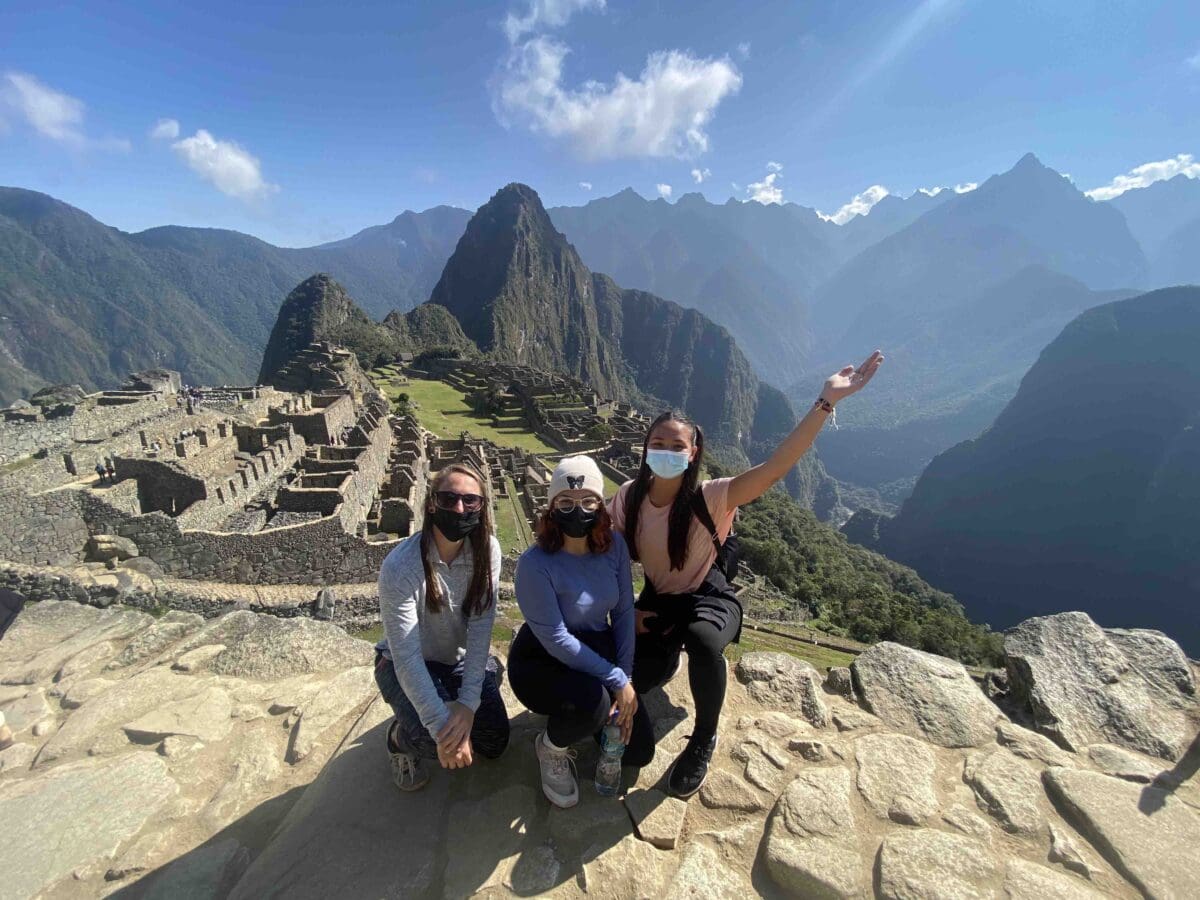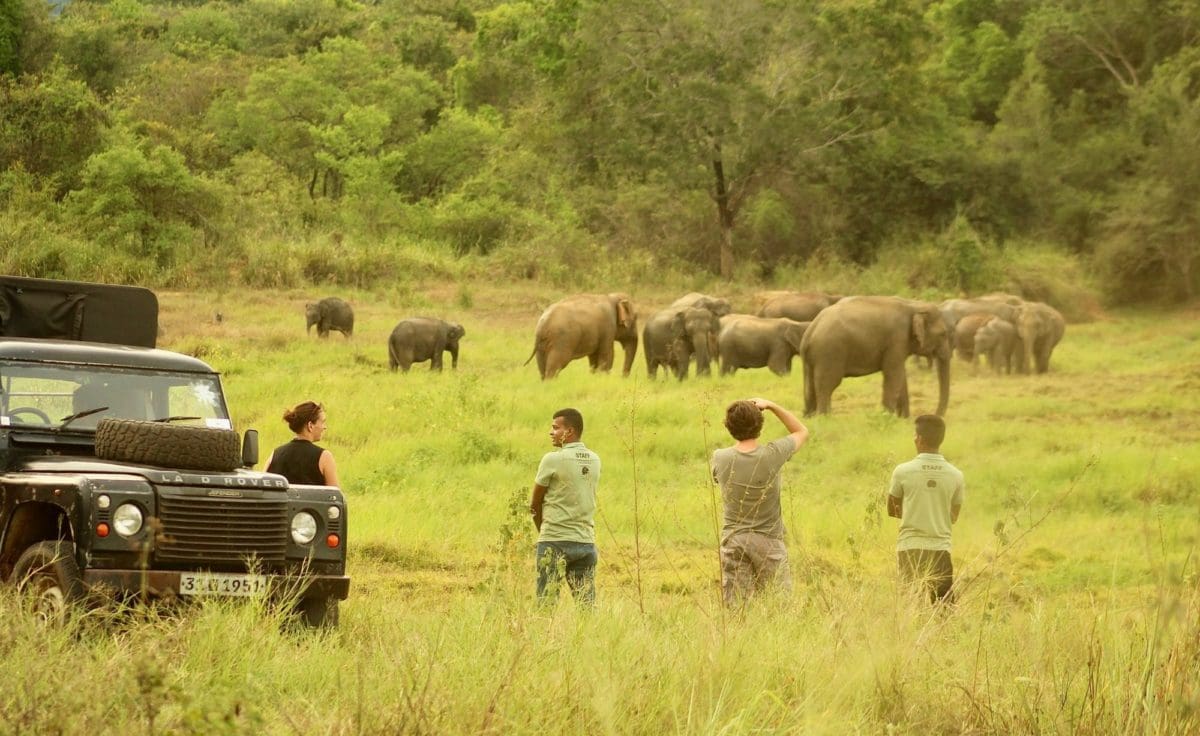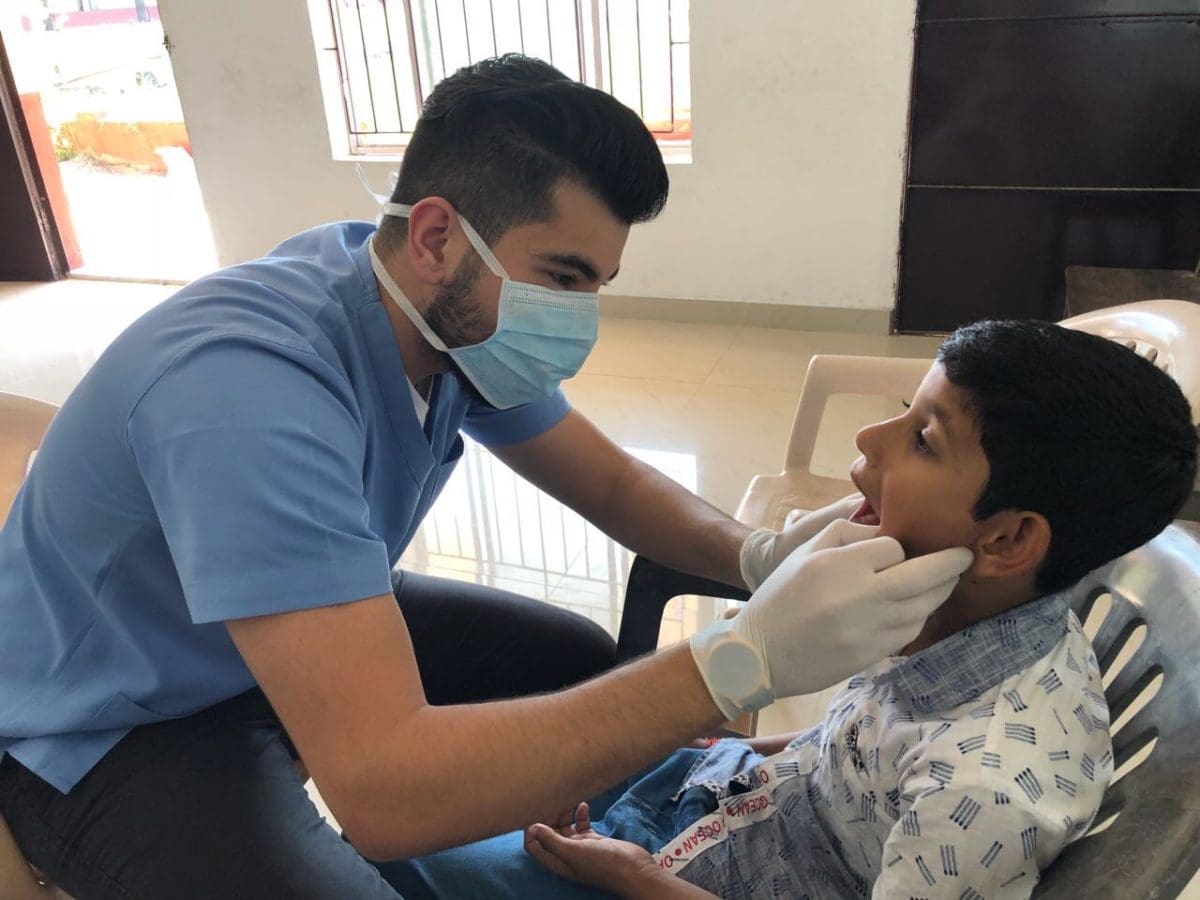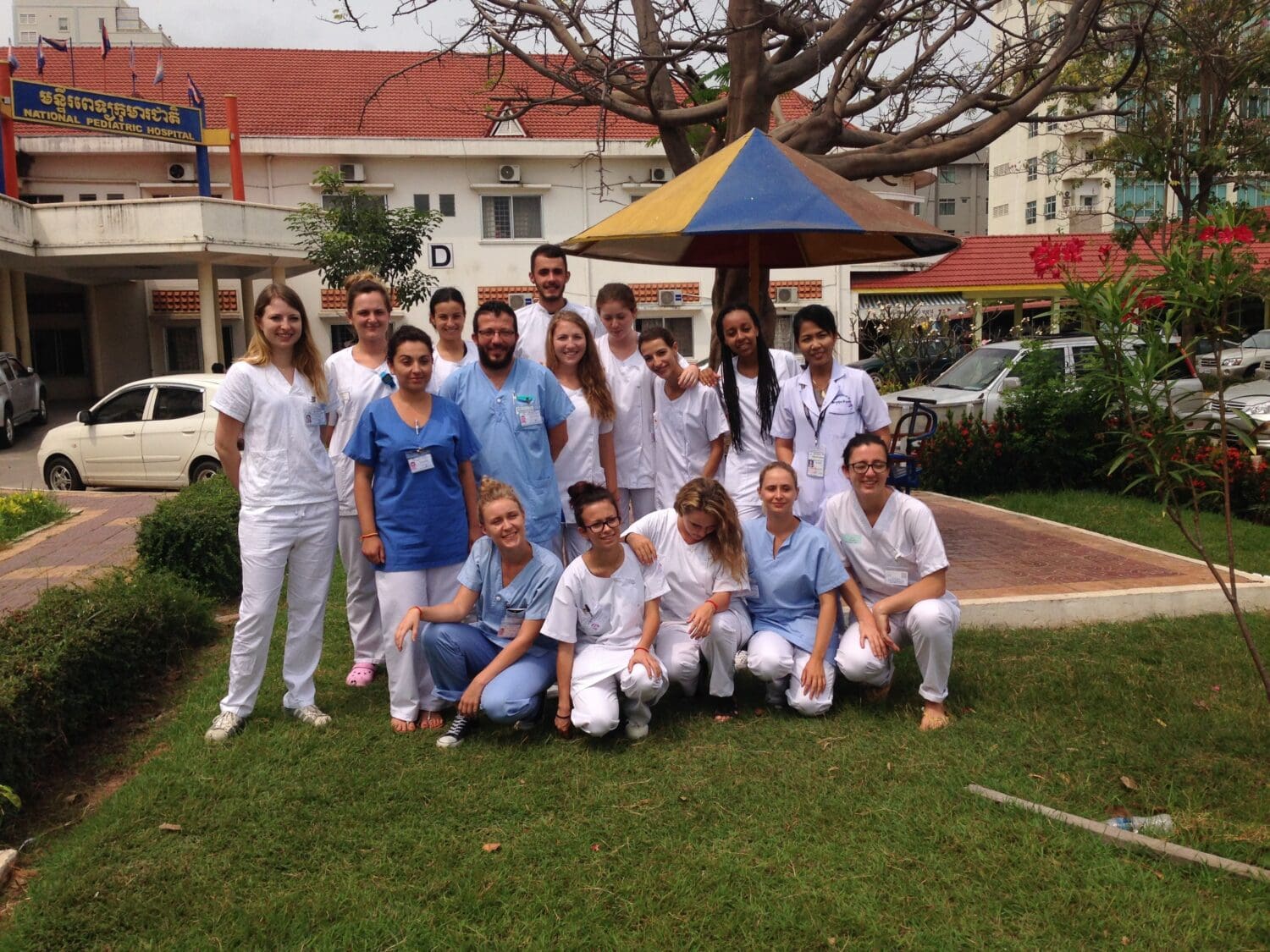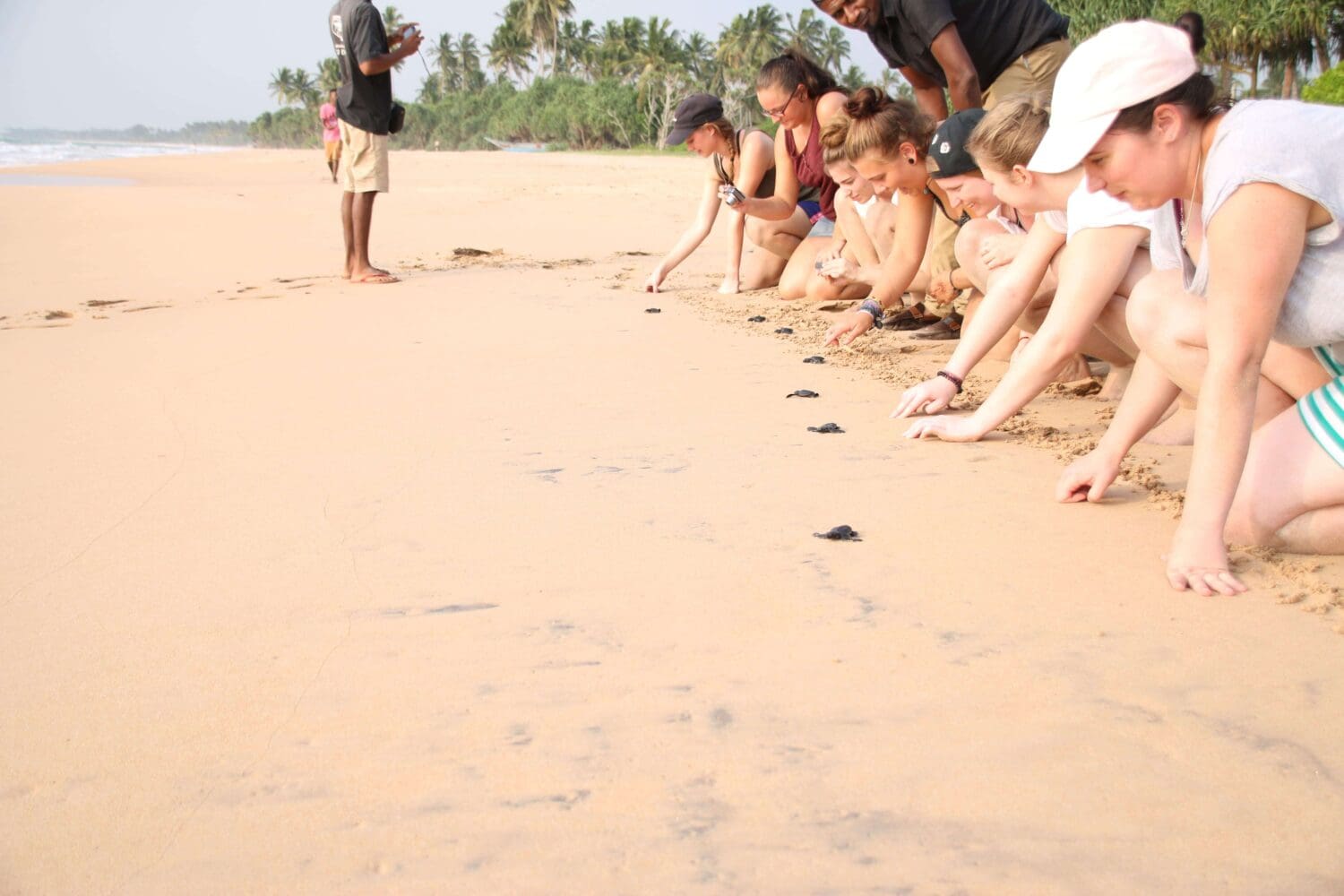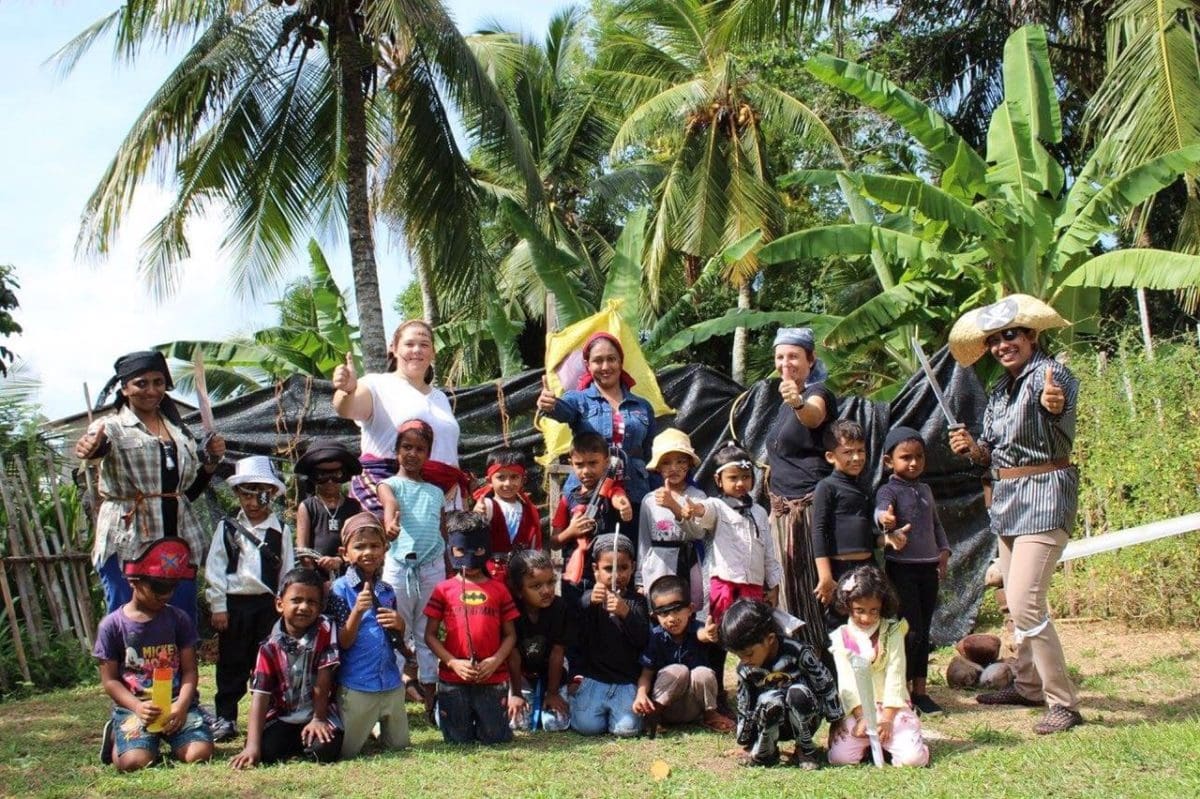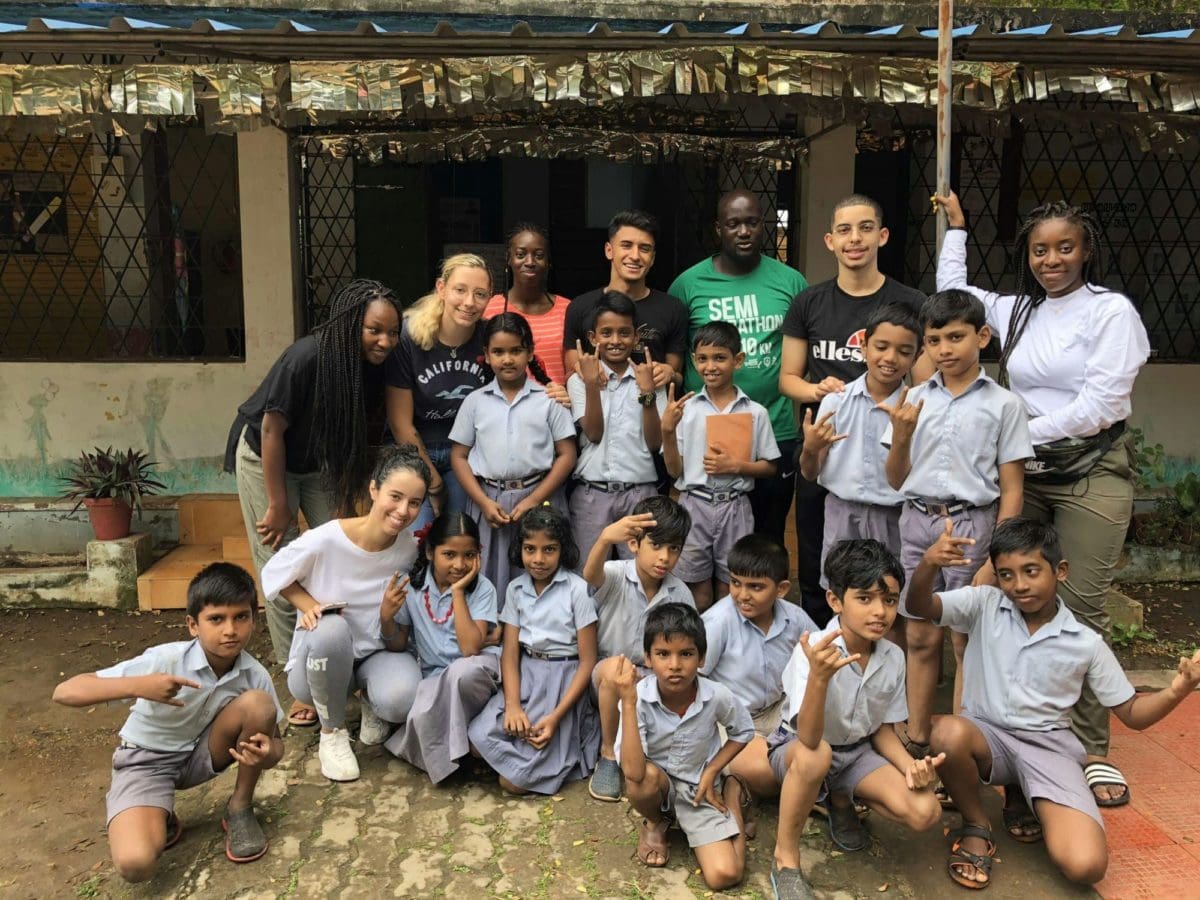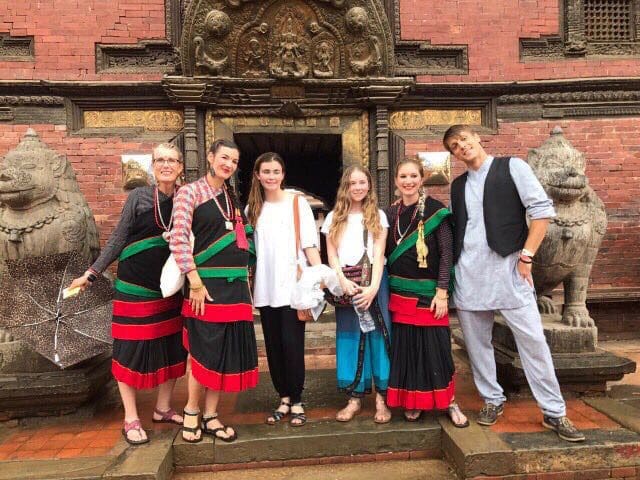The desire to explore the world while making a positive impact is increasingly common. However, there are two distinct yet intertwined paths to consider: volunteering and voluntourism. While both involve travel and engagement with communities, their approaches and potential outcomes differ significantly. Understanding these differences is crucial for individuals seeking a meaningful experience abroad that benefits both themselves and the communities they encounter.
This article delves deep into the key distinctions between volunteering and voluntourism. We’ll explore their unique characteristics, potential drawbacks, and responsible approaches to ensure your international experience contributes positively to the local community and your own personal growth.
What is voluntourism?
Voluntourism, a blend of “volunteer” and “tourism,” combines travel with short-term volunteer work, often focusing on the volunteer’s experience and personal growth. While the intention might be honorable, it can have unintended consequences for local communities.
Let’s delve into some potential drawbacks:
Exploiting local resources: Voluntourism programs, due to their short-term nature, can place an undue burden on local resources. Food, water, and transportation costs for volunteers can strain limited resources, especially in developing countries. It’s crucial to consider whether the program offers a net benefit to the community after factoring in the resource consumption.
Disrupting local cultures: Inadvertent cultural disruption can occur when volunteers, with good intentions, impose their own values and beliefs. This can be particularly detrimental in communities with established traditions and customs. Responsible programs strive to immerse volunteers in the local culture, fostering respect and understanding rather than imposing foreign perspectives.
Creating dependency: A reliance on short-term volunteer projects can create a dependency on foreign aid, hindering the development of sustainable solutions within the local community. Ideally, volunteer programs should focus on skills transfer, empowering locals to address their own challenges in the long term.
It’s important to note that not all voluntourism experiences are inherently detrimental. Responsible programs address these concerns by prioritizing community needs, facilitating cultural exchange, and promoting sustainable practices. However, careful research and critical thinking are crucial before embarking on a voluntourism journey.
What is volunteering abroad?
Volunteering abroad goes beyond the fleeting experience of voluntourism. It’s a dedicated commitment to immersing oneself in a foreign community to contribute meaningful skills and support towards their identified needs. This translates to a focus on:
- Community-driven projects: Unlike voluntourism, which might prioritize creating impactful experiences for the visitor, responsible volunteering prioritizes addressing existing challenges identified by the local community. This might involve working on projects like education initiatives, healthcare assistance, environmental conservation efforts, or community development programs.
- Sustainable solutions: Responsible volunteering programs understand that short-term interventions are often detrimental. They strive to create sustainable solutions by focusing on capacity building and knowledge transfer. This means volunteers work alongside locals, share expertise, and empower them to continue the work independently after the program ends.
- Cultural sensitivity: Respect and understanding are paramount in responsible volunteering. Volunteers undergo cultural sensitivity training to ensure their actions and behavior align with local customs and traditions. This fosters genuine cultural exchange and avoids any potential disruption to the social fabric of the community.
How to volunteer abroad responsibly
Choosing the right program is integral to ensuring your experience is both impactful and ethical. Here are some key aspects to consider during your research:
1. Program Focus:
- Needs-based approach: Verify that the program prioritizes addressing the specific needs of the local community, as identified by the community itself. This ensures your contribution directly tackles their existing challenges.
- Long-term sustainability: Look for programs with a track record of fostering long-term sustainability. These programs focus on empowering locals through skill development and knowledge transfer, allowing them to continue the work beyond the volunteer’s time.
- Partnership with local organizations: Choose programs that collaborate directly with established local organizations. This ensures that the program is culturally sensitive, deeply embedded within the community, and directly contributes to their existing initiatives.
2. Program Credentials:
- Reputation and transparency: Research the program’s reputation by reading reviews on independent platforms and contacting previous participants. Look for clear and transparent information about their goals, activities, and financial structure.
- Ethical practices: Ensure the program adheres to ethical practices, such as fair compensation for local staff, responsible use of resources, and clear communication about volunteer expectations and responsibilities.
- Financial transparency: Understand the program’s fee structure and how the funds are used. Be wary of programs with high fees or unclear financial practices.
3. Personal Preparation:
- Skill and experience: Assess your skills and experience to ensure you can offer valuable contributions to the chosen project. Be honest about your limitations and seek opportunities to learn alongside locals.
- Cultural awareness: Engage in cultural sensitivity training to gain an understanding of the local customs, traditions, and social dynamics. This ensures respectful interactions and avoids any unintentional cultural insensitivity.
- Long-term commitment: Responsible volunteering often requires a longer-term commitment, allowing you to build meaningful relationships with the community and contribute more effectively to the project.
Our Volunteering Programs
Here is a snapshot of our high-impact volunteering programs abroad. Click the links to learn more or contact us to begin your socially responsible volunteering journey today!
Animal and Wildlife programs
Participate in research-based programs like the Wild Elephant initiative in Sri Lanka or the Big 5 Wildlife project in South Africa. For those seeking hands-on involvement, join our Wildlife Sanctuary projects in South Africa or Thailand.
Animal lovers can contribute to domesticated animals’ well-being in our Animal Care programs in Sri Lanka, Nepal, Costa Rica, and Peru.
Dental Volunteering Programs
In India, collaborate with seasoned professionals to witness and address diverse oral health challenges faced by local communities. Our program in Nepal, offers a unique dentistry volunteer opportunity amidst breathtaking landscapes and warm hospitality.
Medical Volunteer Abroad
We offer medical volunteer programs in several countries. Each location offers unique opportunities to learn and excel at the craft while forming lifelong personal and professional networks. Choose from Sri Lanka, Nepal, India, Cambodia, Philippines, Costa Rica, or Peru.
Marine Conservation Volunteer Programs
In Costa Rica, work alongside skilled biologists to safeguard nesting sites, witness the magic of turtle hatchlings, and contribute to the care of injured turtles.
For an equally mesmerizing experience, participate in our program in the Maldives, where you’ll team up with trained biologists to protect nesting sites, ensuring the well-being of these incredible marine creatures.
Volunteer Teaching Abroad
Embark on a life-changing journey by joining our impactful summer teaching programs. We offer English teaching programs at all our volunteering locations. Immerse yourself in local communities across our global network, working in primary schools, after-school centers, or community centers.
Gap Year Volunteering
Taking a gap year after high school offers a unique opportunity to explore personal interests, develop new skills, and make a lasting contribution to the world. Gap year volunteering programs provide a structured yet immersive experience, allowing you to gain valuable firsthand knowledge about different cultures and global challenges.
Family Volunteering
Family volunteering creates a powerful opportunity for families to connect, learn, and contribute to a meaningful cause together. These experiences transcend the ordinary, creating lasting memories and fostering a sense of shared purpose amongst family members. Volunteering exposes children to different perspectives, cultivates empathy and responsibility, and teaches them the value of contributing to the community.
Share this Post

